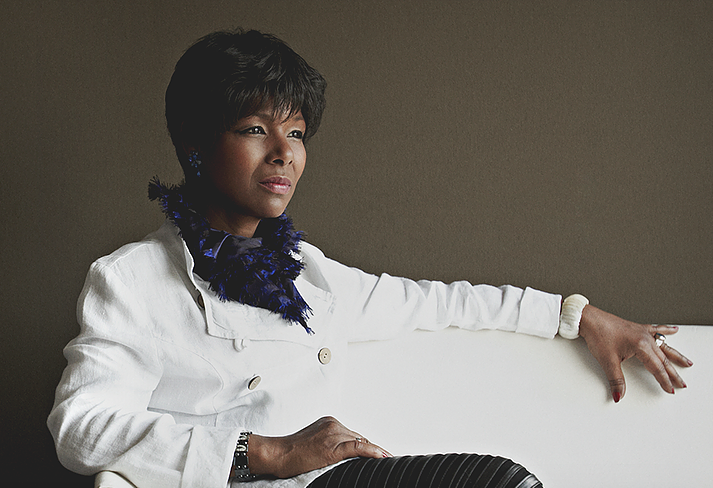Euzhan Palcy became the first black woman to direct a Hollywood studio film with 1989’s “A Dry White Season,” the story of an apolitical South African white man waking up to the horrid realities of apartheid. She won the Silver Lion at the 1983 Venice Film Festival for her first feature, “Sugar Cane Alley,” a portrait of a young black sugar cane worker in Martinique. Her perspective on race and the brutal ramifications of racist systems is integral to her work, but apparently isn’t interesting enough for Hollywood.
As Palcy told The Guardian, she was pursued by Hollywood execs following her Venice win but was passed over repeatedly because her ideas were “too black” — and she refused to whitewash them. “They were very matter of fact: they’d ask: ‘Can’t the lead be white?’” the Martinique filmmaker recalled. “I was pitching a story about a black freedom fighter and they asked me if he could be white. Incredible things like that.”
As Palcy described it, the execs didn’t see themselves as racist or prejudiced. “It wasn’t meant to be insulting. For them it was just normal. They loved my filmmaking and the stories, but eventually they would say: ‘Sorry it’s too black. Our marketing department cannot sell it.’” Unfortunately, that line is still doled out today. Often, if a Hollywood exec doesn’t see himself (i.e. a white male character) in a film, he decides the “mainstream” (i.e. white male) audience won’t go see it.
Palcy decided to focus on screenwriting and mentoring emerging filmmakers rather than making movies with the “diluted versions” of her characters Hollywood demanded. The last feature she directed was 1992’s music fantasy “Siméon.” “I couldn’t compromise and betray the very reason why I decided to be a filmmaker,” she explained. “People would ask ‘why did she disappear?’ Then I explain to them the choice I made, they say it’s a waste of your talent. I say no, I would have hated myself and I would have been miserable. I may be crazy, but I can’t change how I am.”
Hollywood still definitely has a race problem, as well as a woman problem, but Palcy believes things are better now than they were when she was making movies. She described #OscarsSoWhite and Time’s Up as having the “values that I stood by for many years.” “[Change has] taken time, too much time. But it is happening slowly,” she said. “For many years I felt like I was by myself talking about these issues of racism and sexism in film. Now I am not alone,” Palcy added, referencing Ava DuVernay and Shonda Rhimes.
TV movies “Ruby Bridges” and “The Brides of Bourbon Island” and docuseries “Aimé Césaire, une voix pour l’histoire” are among Palcy’s other directing credits. She won a César for “Sugar Cane Alley.” In celebration of the UK’s Black History Month, her work is being showcased at the Barbican in London and Home in Manchester.







